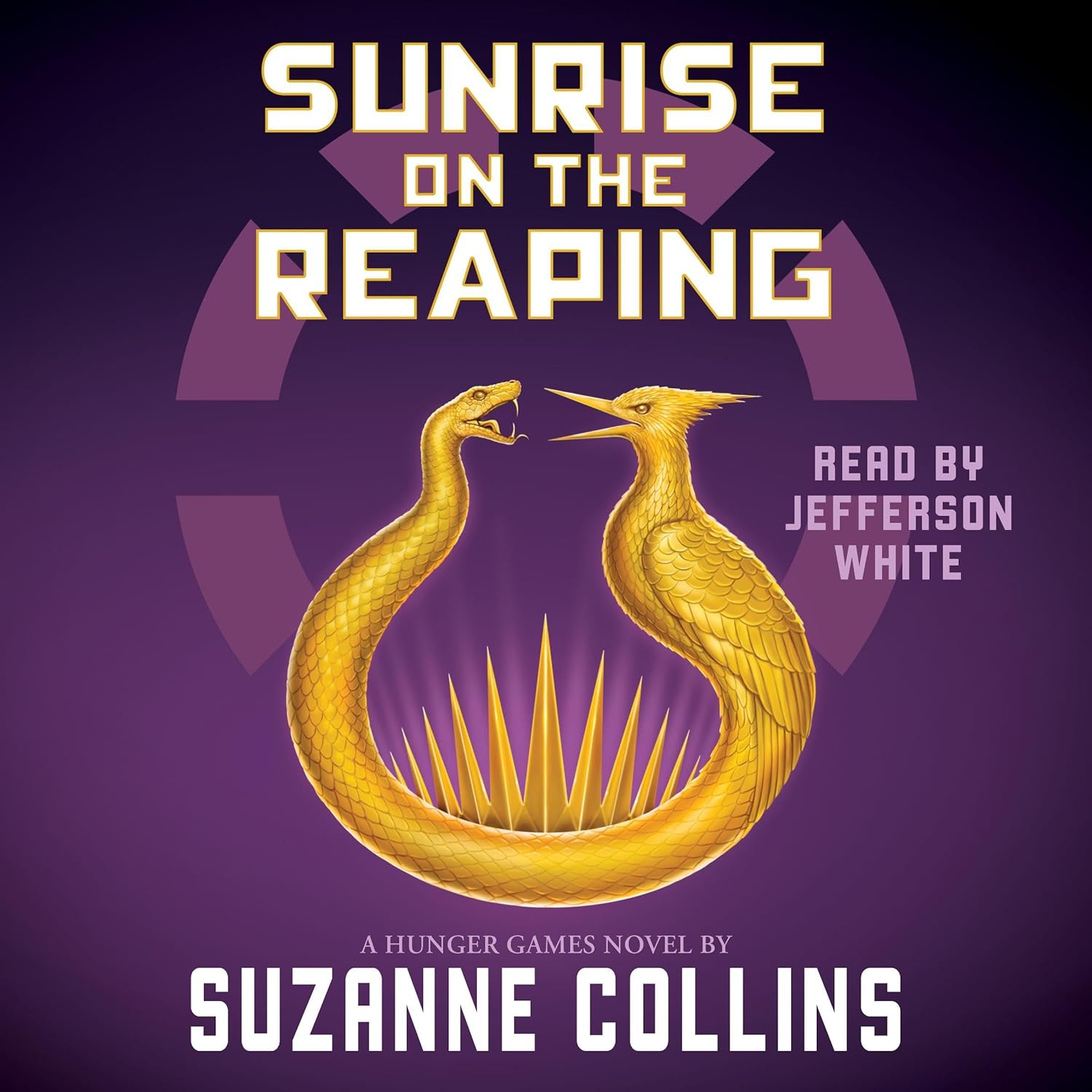Sunrise on the Reaping (A Hunger Games Novel) (The Hunger Games)
Page 313 Review
A Haunting Reflection: Analyzing the Power of Memory and Loss in the Excerpt
This excerpt plunges us into a moment of intense emotional and physical distress, triggered by the potent combination of sensory experiences and deeply buried memories. The author skillfully crafts a scene where the seemingly innocuous presence of nature, specifically “balm” and “flowers,” unlocks a floodgate of the past, resulting in a harrowing episode for Lou Lou.
The Seductive Power of Sensory Recall
The passage highlights the profound impact of sensory details on memory. Mamaw’s observation that “smells stick in your memory the strongest, more than sounds or sights” sets the stage for the unfolding drama. The seemingly ordinary items – “seeded bread, the candle smoke, and now these flowers” – act as powerful catalysts, transporting Lou Lou back to a time and place held within the depths of her mind. This underscores the idea that our senses are deeply intertwined with our emotional experiences, and can unexpectedly trigger long-forgotten memories.
The Unraveling: From Nostalgia to Crisis
The initial effect of these sensory triggers appears to be nostalgic, with Lou Lou’s “breathing so deep she’s starting to gasp.” However, this quickly escalates into a terrifying crisis. The narrator’s attempt to comfort Lou Lou with the simple reassurance, “They’re only flowers,” proves tragically inadequate. As the narrative progresses, the line between solace and suffering blurs, illustrating the complex and unpredictable nature of memory. The seemingly benign “yellow pollen” becomes a symbol of the danger lurking within Lou Lou’s past.
The Horror Unveiled: A Descent into Physical Manifestation
The turning point occurs when “the blood begins running from her eyes, her nose, her mouth.” This graphic and visceral description transforms the scene from one of emotional distress to one of palpable horror. The comparison to “our dear president” adds a layer of unsettling ambiguity, hinting at a possible political or social commentary interwoven with Lou Lou’s personal trauma. The physical manifestation of Lou Lou’s inner turmoil underscores the idea that unresolved trauma can manifest in tangible and destructive ways.
Helplessness and the Echoes of the Past
The narrator’s feeling of helplessness is a recurring theme. “There is nothing I can do but watch, helpless again. Just as I was to save Louella.” This admission reveals a past trauma that mirrors the current crisis. The merging of “Lou Lou and Louella” suggests a cyclical pattern of loss and the narrator’s inability to prevent suffering. This reinforces the idea that the past continues to exert a powerful influence on the present, shaping the narrator’s perception and actions.
Textual Evidence: A Close Look at the Writing
Let’s examine specific phrases to understand the excerpt’s power. The opening statement, “balm. A healing plant,” creates an immediate sense of hope, which is then subverted by the events that follow. The description of Lou Lou’s reaction, “Lou Lou’s breathing so deep she’s starting to gasp,” is a masterclass in showing rather than telling, conveying the intensity of her emotional state. The stark contrast between the narrator’s comforting words, “Just breathe, Lou Lou… They’re only flowers,” and the horrific reality of “the blood begins running from her eyes, her nose, her mouth” highlights the futility of simple reassurance in the face of deep-seated trauma.
The imagery used is particularly striking. The “yellow pollen coats her from head to toe” creates a sense of suffocation and vulnerability, as if Lou Lou is being consumed by her past. The phrase “she collapses against me, and I cradle her in my arms as the convulsions begin” evokes a Pietà-like image of maternal sorrow and helplessness. The comparison to “our dear president” is jarring and unsettling, potentially symbolizing a larger societal malaise that mirrors Lou Lou’s personal suffering.
Concluding Thoughts: The Enduring Power of Trauma
This excerpt is a powerful exploration of the enduring power of memory and trauma. The author skillfully uses sensory details and vivid imagery to create a scene that is both emotionally resonant and deeply unsettling. The narrator’s helplessness underscores the limitations of human agency in the face of overwhelming personal history. The merging of Lou Lou and Louella serves as a poignant reminder of the cyclical nature of loss and the enduring impact of the past on the present. The open ending leaves the reader with a lingering sense of unease and a profound appreciation for the complexities of the human psyche. The final lines, “She collapses against me, and I cradle her in my arms as the convulsions begin. There is nothing I can do but watch, helpless again. Just as I was to save Louella. For a moment, the two merge, Lou Lou and Louella,” encapsulate the core themes of the excerpt: helplessness, unresolved trauma, and the merging of past and present. This passage is a testament to the author’s ability to create a compelling and emotionally charged narrative.
Buy full ebook for only $15: https://www.lulu.com/shop/suzanne-collins/sunrise-on-the-reaping-a-hunger-games-novel-the-hunger-games/ebook/product-e7496ww.html?page=1&pageSize=4

